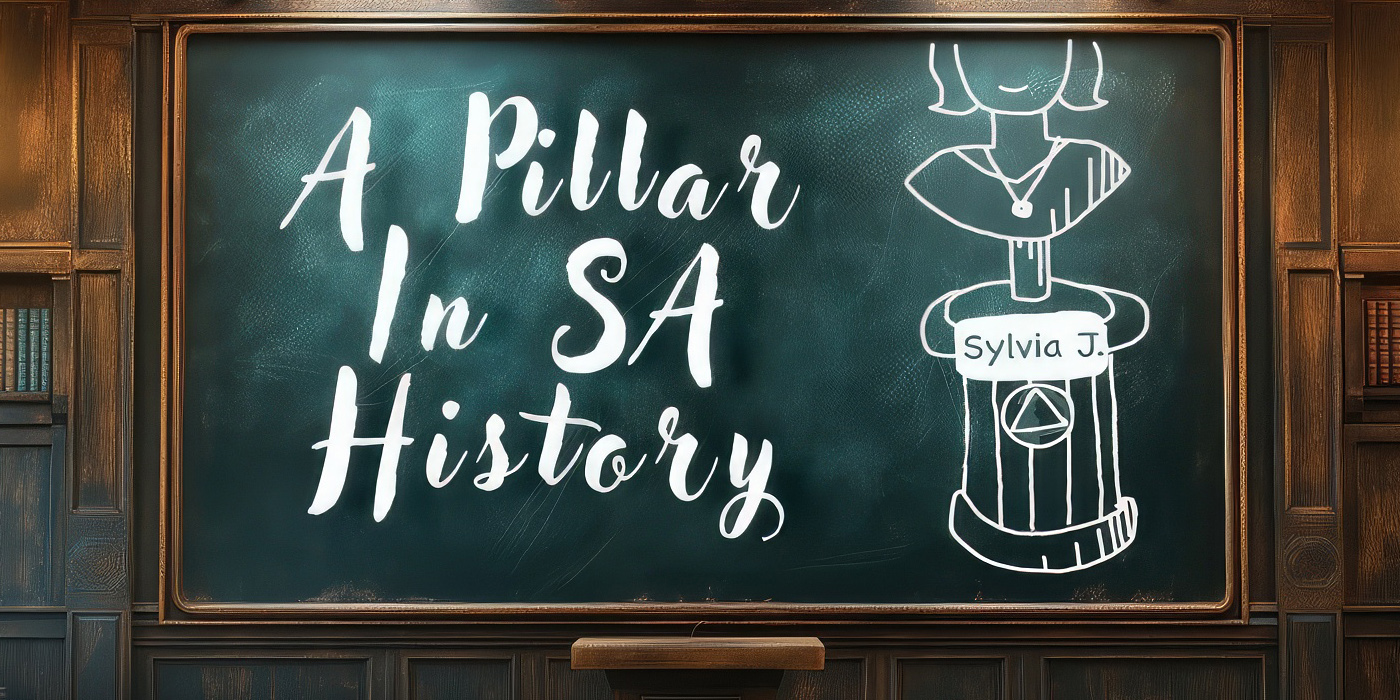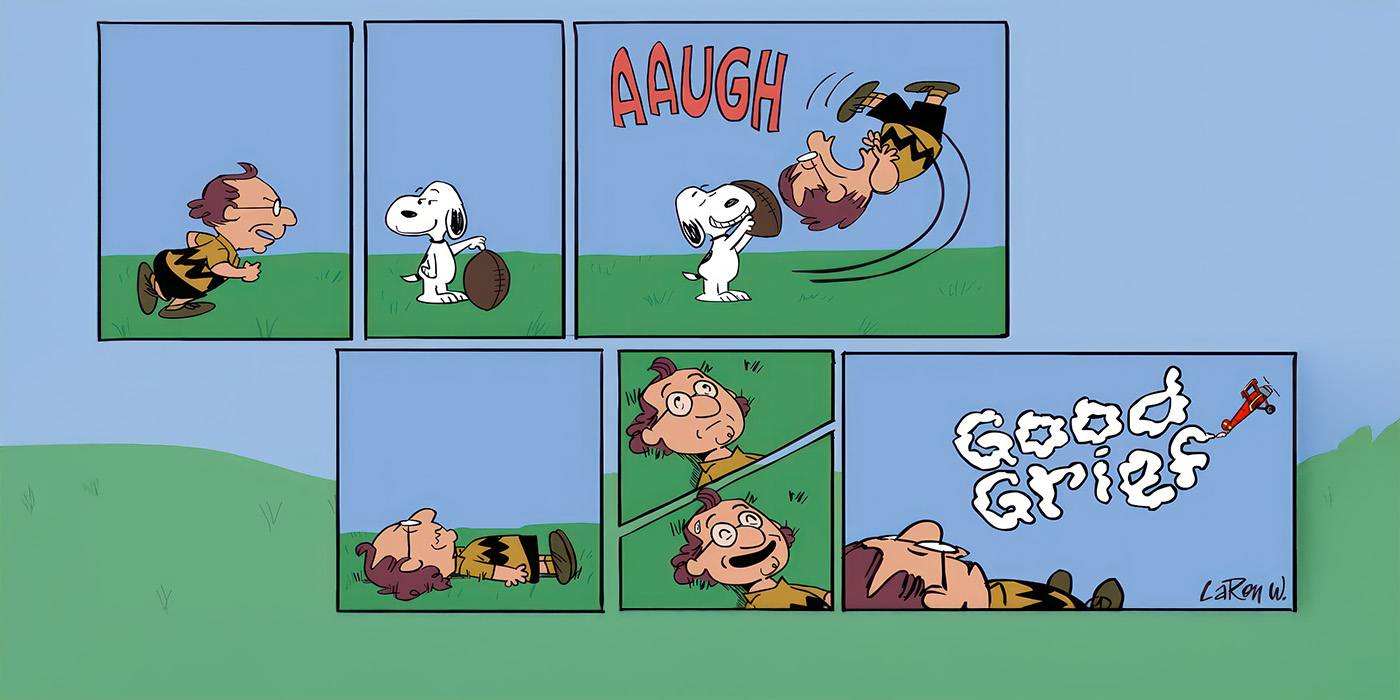I first went to SA about two years ago, after several years of membership in another S-fellowship. “Knowledge and pride were our chief obstacles here” (SA 91). There was hardly any sobriety in the few young SA groups in my country and no group recovery—and the sobriety definition was being neglected. I was confused, but something kept me coming back.
After a year in these groups, my hope for personal recovery, depending on group unity and recovery, was gone. I sank deeply into my character defects of self-pity, resentment, and arrogance. Self-pity because I could not stay sober, resentment because others did not stay sober, and arrogance because I thought I knew how things should change. But that show did not come off very well.
Then I went to my first SA convention in a neighboring area in the UK. I was shocked! My arrogance was torn down. Here I met people who were working the Steps, staying sober, and demonstrating humility and serenity. A new concept to me! I went home even more confused, but I soon realized they had what I wanted.
Within several weeks I got an SA sponsor from Belgium who fully embraces the SA program. The day I started with this new sponsor—October 17, 2009—is my sobriety date today. I started writing my First Step, and I shared daily with my sponsor what I had written in the morning. One morning while I was writing, I had a First Step experience in the privacy of my own room. After I finished, I shared my First Step in the group. I was scared to death to do this because I had been criticizing the group. I feared they would criticize me in return. But instead I got back a lot of identification and encouragement.
Then my sponsor guided me through an even more scary adventure. I felt that my own sobriety and recovery were at risk because the group as a whole did not practice SA sobriety. Trying to mention the sobriety definition to some members after the meeting felt like walking into a brick wall. Several group members criticized me for my “rigid thinking and interference.”
But how could I have a chance for personal recovery if there was no group unity? Here my sponsor pushed me to take a big risk. He suggested that I ask for a group conscience meeting to discuss and evaluate the message that the group currently carries to the still suffering sexaholic, and to conduct a group inventory. I really didn’t want to do this. But I was willing to go to any length.
When I suggested to the group that we to do a group inventory, I encountered a wall of resistance. I felt hurt and rejected. I would not have been able to go through this without the support of my sponsor and those who wanted sobriety as desperately as I did. I closely followed my sponsor’s instructions. He told me to not be afraid. If the group conscience voted for some other sobriety than the definition in the White Book, I would not go into any debate. I would listen, accept their decision, and say that, for me, this is not an SA group. I could then start another SA group for myself.
I prayed a lot, keeping in mind that God watches over me. Thank God, by the time the group conscience meeting was held, the ones who disagreed with SA’s sobriety definition had found their way to other S-fellowships. The small group of us who were left were those who wanted what SA had to offer. I was not alone! During the group inventory, the group voted unanimously for SA sobriety!
Today, the group is still smaller than it used to be—about one third—but we are now beginning to get some group sobriety and recovery. Most of us have long-distance sponsors. We need those long-distance sponsors, because we cannot do it alone! It takes time, patience, and working the Steps, with the help of those who have gone the path before.
Most of us now visit SA conventions abroad. We are blessed with a lot of experience, strength, and hope from members in Belgium, the UK, and Germany. Today, I know that when a newcomer walks into our rooms, we are unified as a group in the message we carry.
I’m still learning. I used to believe that I would be wrong to take a stand. I thought I was expected to be passive and tolerant toward insobriety and illness in the group. Now I believe that members are needed to take a stand at times—but those who do should be careful not to govern, and not to do it alone. I cannot lead with power talk, fake surrender, or insobriety. I can only lead with my own weakness and can only bear witness to the truth of my own experience.
For my own recovery (and for my own sense of group unity), personally defined sobriety did not work. I could not really feel part of, and I could not really “share” my sobriety. I was seeing the truth of what it says in our Sobriety Definition: “If we come into an SA group where we can define our own sobriety, watch those rationalizations come alive! And if we define our own level of sobriety, that’s all we’re likely to reach” (SA 191).
All I got in those days was temporary sobriety and periods when I felt better as an individual, but my individual sobriety did not last. Today I can see that a sobriety definition equally applied to every member strengthens group unity and keeps me from thinking that I am “special” (that old pattern of mine). Today, I love to be at an equal level with my group fellows—not above, not below. I feel “part of”! We have a primary purpose as a group, and the kind of sobriety where “that which each has goes to increase the possession of the rest” (SA 171). I can depend on the group unity for my personal recovery. What a change! What a comfort! This is the way it should be.
Daan, Amsterdam, The Netherlands
Greetings from SA Holland
SA started up in Holland about two years ago, after previous attempts to start the fellowship did not last. Today, we have four meetings in Holland: mixed meetings in Amsterdam, Haarlem, and The Hague, and a women-only meeting in The Hague. We recently started a Dutch Intergroup. The translation of Sexaholics Anonymous into Dutch is nearly finished. We are very happy and grateful for the help and sponsorship we receive from countries like The United Kingdom, Belgium, Germany, and The United States.
If you are ever in Holland, we would love to meet you! Please contact us by phone at +31 6 55364222, or by email at info@sa-nederland.nl.






